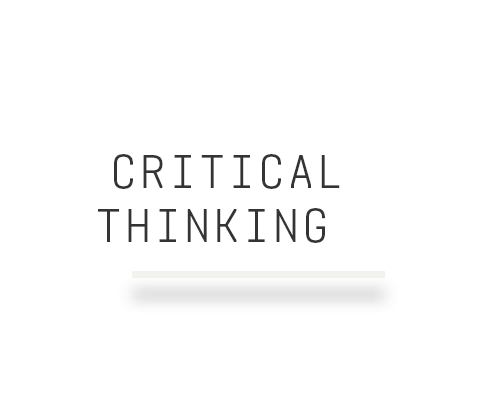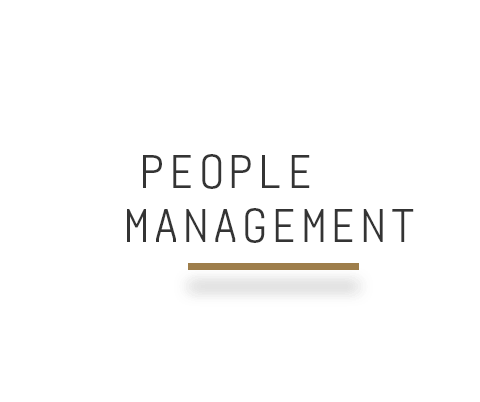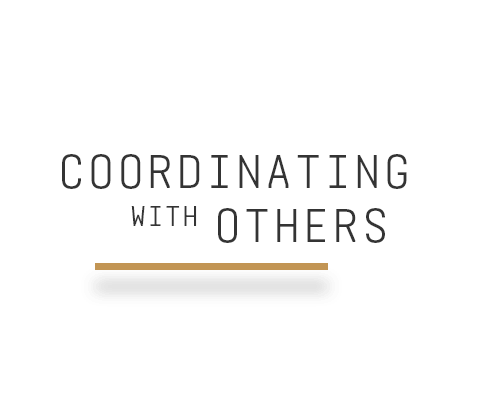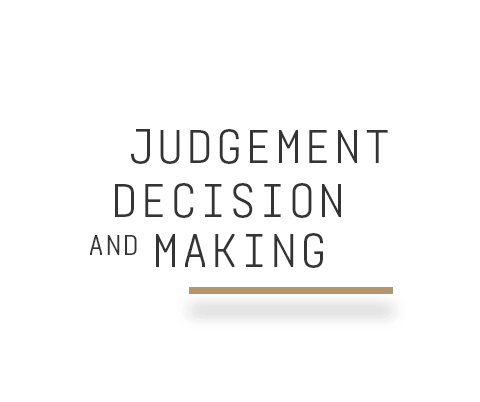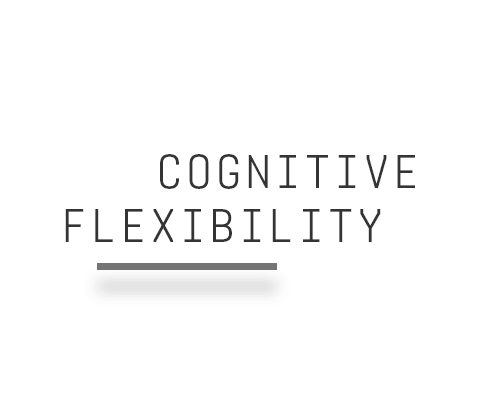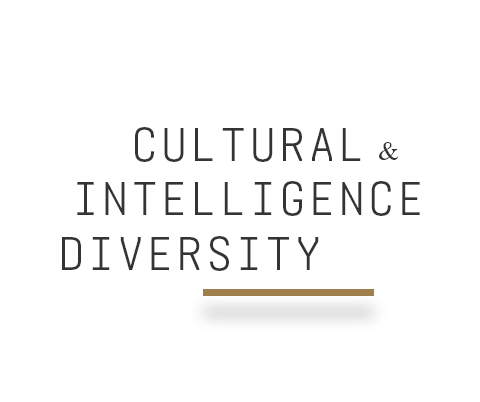The new era in which we live requires a new set of skills from our workforce. A global transformation is driven by technology that spreads in daily behavior, ways of thinking, consumer habits, business models, forecasts and trends.
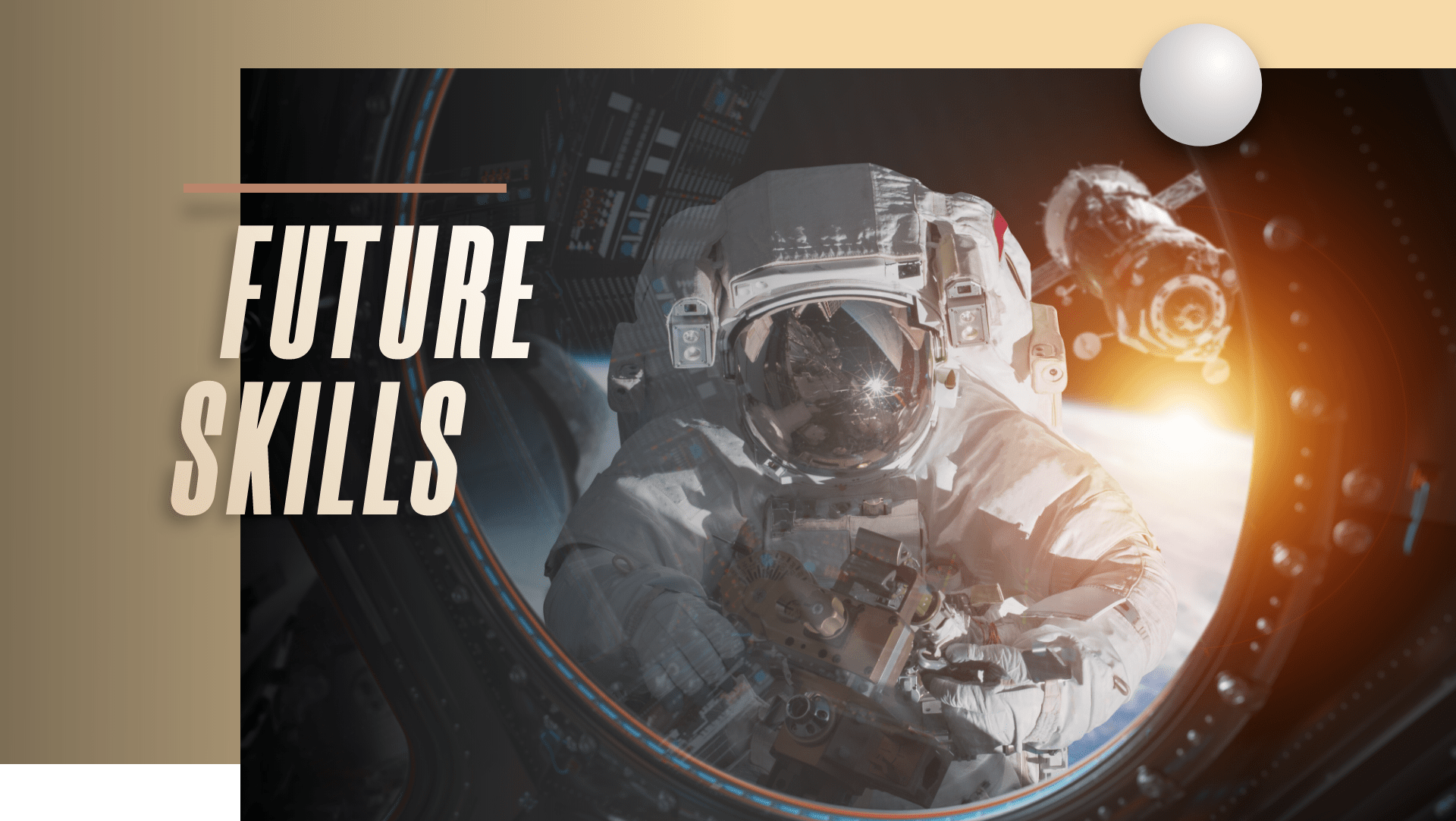
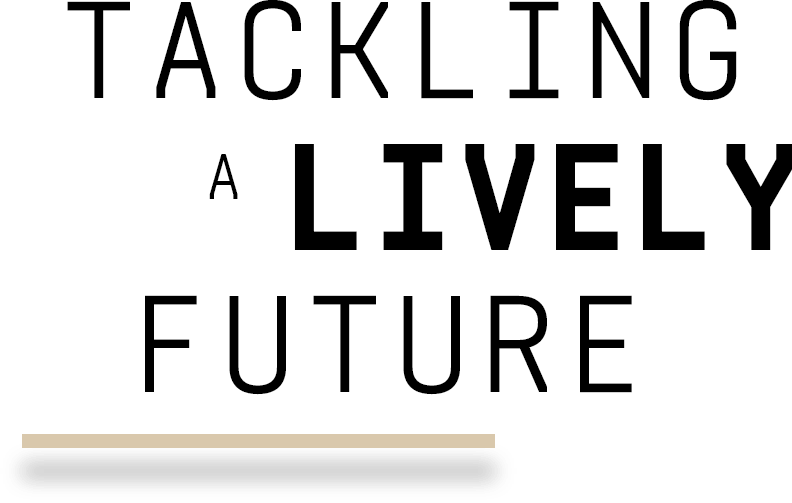
The interactions between these and other factors generate new market needs, new job categories and, of course, the demand for new professional skills.
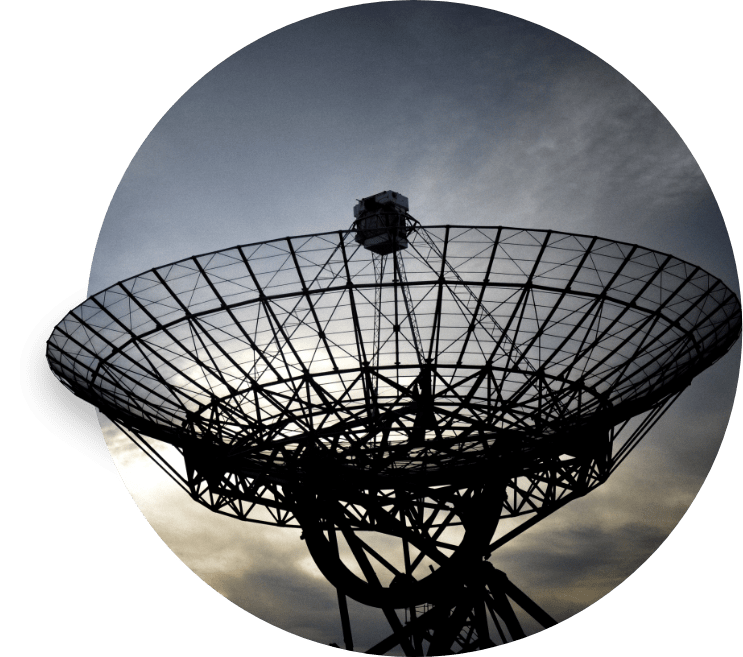

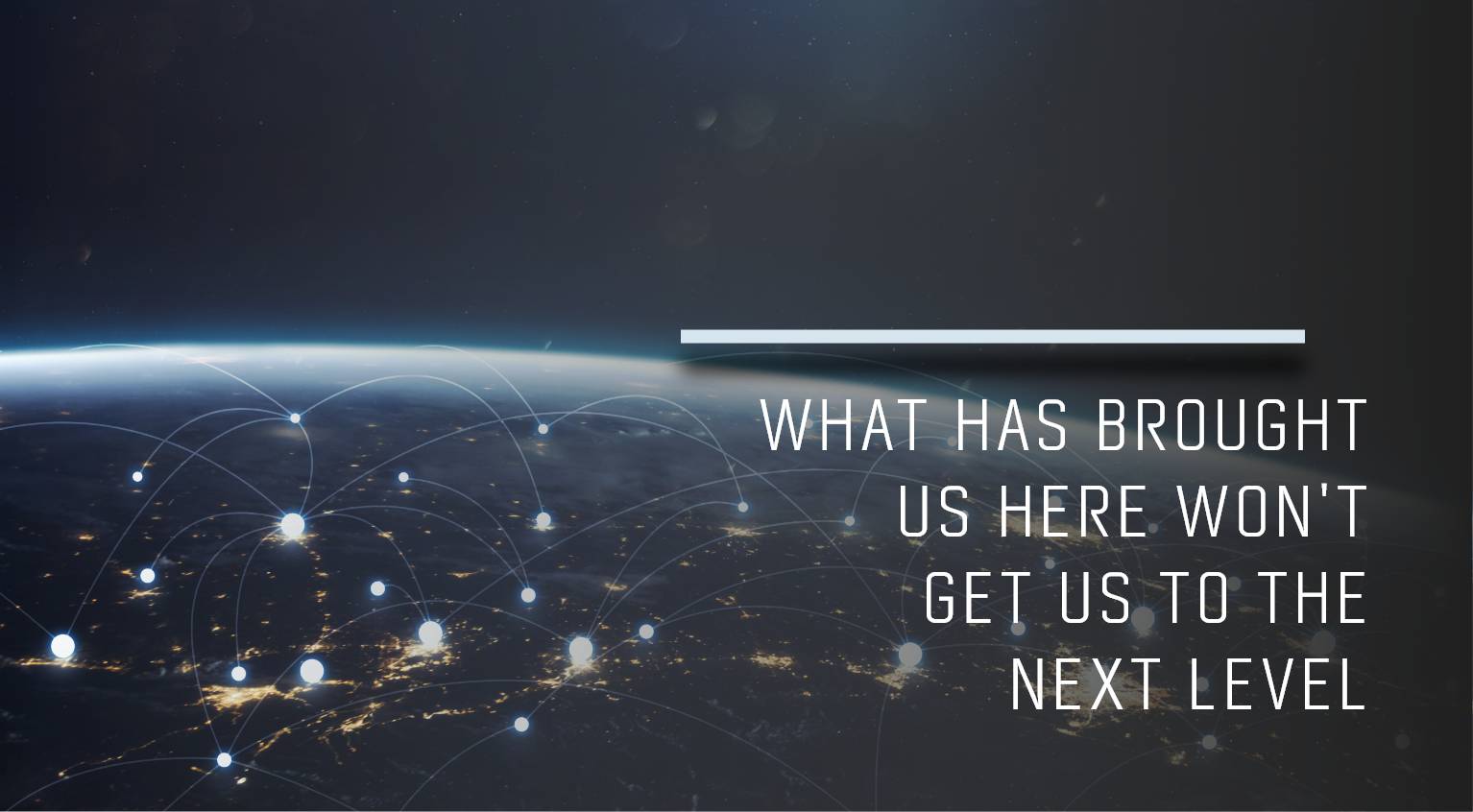

The demand for future skills is constantly growing. By future skills we mean all those skills that allow workers to successfully solve complex problems in unknown future contexts. All these skills give people the opportunity to act in a self-organized way by offering the best of their knowledge and ability to operate.
But what skills are needed in 2020 and beyond to take advantage of the changing job landscape and to navigate this shift in the economy? And how will humans create value in an increasingly automated world?
Skills that open a new scenario of learning and career opportunities for those who want to acquire know-how and operate in industries where machines do not represent effective solutions. Skills that include creativity, lateral thinking, ability to communicate and work in a team, think outside the box and other aspects that concern emotional intelligence.
There is no certainty about which exact jobs will see a decline in the coming years, but based on trends, the hardest hit jobs are those that are now being performed by machines. As a worker in the future, the only way to thrive is to identify what skills count for industries that will experience unprecedented growth.
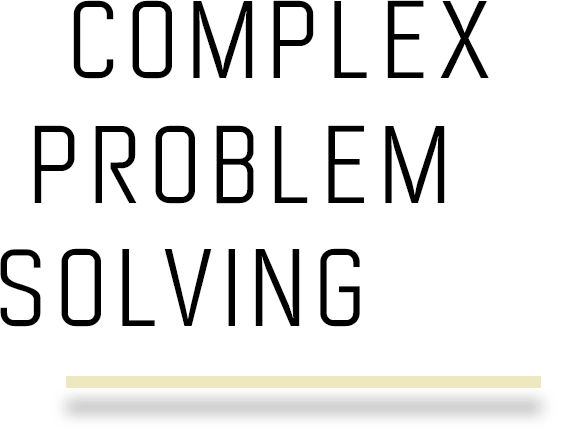
DESPITE THE WIDESPREAD OF MACHINES AND A.I. PROBLEMS STILL REPRESENT THE GREATEST OPPORTUNITY FOR HUMANS
COMPLEX PROBLEM SOLVING IS THE ABILITY TO SOLVE NEW PROBLEMS IN MANIFOLD AND REAL CONTEXTS
In a nutshell, it’s about having the right mental elasticity to deal with problems we’ve never encountered before. As well as the ability to solve these problems in a scenario that changes very quickly without ever returning to being the same as before.
In addition to solving any type of problem, this ability allows you to easily switch from the big picture to the details and reallocate the elements to analyze the problem from different angles and finally make a difference.
The ability to solve complex problems becomes essential in a world immersed in a continuous overload of information, often incomplete, contradictory and constantly evolving.
CRITICAL THINKING IS THE ABILITY TO THINK CLEARLY AND RATIONALLY ABOUT WHAT TO DO OR WHAT TO BELIEVE
Critical thinking involves the ability to use logic and reasoning to question a problem, consider various solutions and evaluate the pros and cons of each of them.
It is about assessing the quality of data and information with the ability to discern which ones are reliable and which are false.
Someone with critical thinking skills is able to understand the logical connections between ideas, identify, construct and evaluate arguments, detect inconsistencies in reasoning and reflect on the justification of one’s own beliefs and values.
Critical thinking is part of “out-of-the-box” thinking, defying consensus and pursuing less popular approaches.
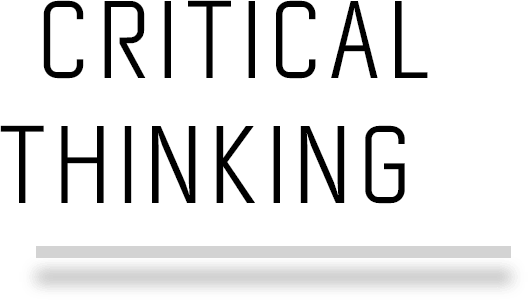
WHEN IT COMES TO CONNECTING, INTERPRETING AND IMAGINING CONCEPTS IN A WORLD FULL OF AMBIGUITIES AND NUANCES, HUMANS ARE BETTER THAN MACHINES.
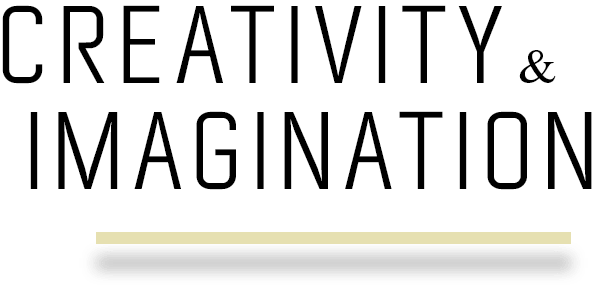
IF ON THE ONE HAND ARTIFICIAL INTELLIGENCE CAN SOLVE PROBLEMS THAT HUMANS CANNOT, THE OPPOSITE IS ALSO TRUE.
CREATIVITY MEANS BRINGING TOGETHER DIFFERENT ELEMENTS TO GENERATE SOMETHING NEW.
Creativity is not the exclusive domain of the artists. Indeed, for science, creativity means exploring the wealth of knowledge that we keep in our brain, seeing the intersection of seemingly unrelated topics and combining them in an unusual way. It is the brain that does what it was made for.
The creative process has a “non-procedural” nature. Since there is no unique way to achieve creative solutions, creativity can be released by exercising curiosity and self-expression.
Creativity will become increasingly critical in tomorrow’s workplace. Companies will constantly look for new ways of thinking and professionals who can imagine an uncharted future.
THE MAIN ROLE OF THE FUTURE MANAGERS WILL BE TO BUILD CULTURES IN NON-TRADITIONAL WORK ENVIRONMENTS
In the rapidly changing work scenario, teams will become increasingly diverse. They will collaborate more with contractors, consultants and among themselves.
In this context, new managers must be able to read people, support the ideas of others, know how to motivate the team and respond to their needs.
In addition, Gen Z will join the workforce, so team leaders will need to foster engaging collaborative environments and constructive debate.
Finally, managers will need to continuously educate themselves on people’s behavior as well as to know how to work with artificial intelligence technologies and help their team members doing the same.
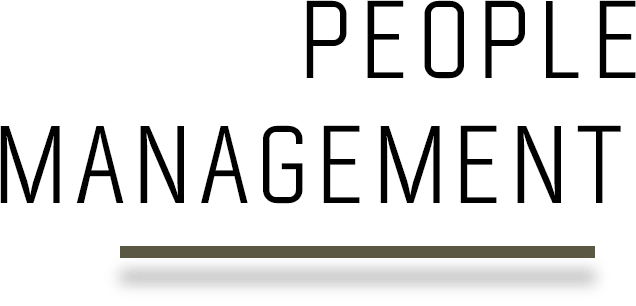
DESPITE THE WIDESPREAD OF MACHINES AND ARTIFICIAL INTELLIGENCE, HUMANS STILL REPRESENT THE GREATEST OPPORTUNITY FOR OUR FUTURE
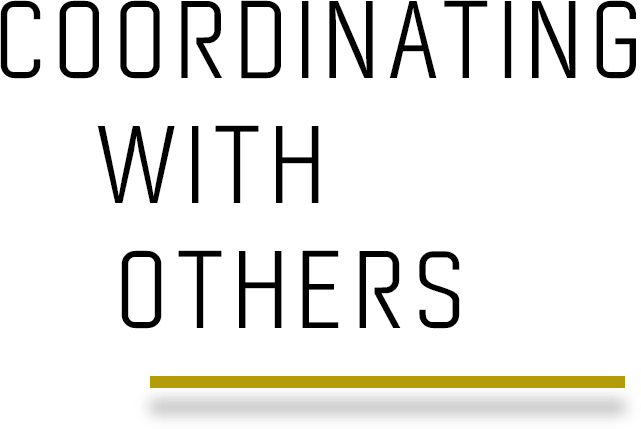
INTERPERSONAL SKILLS ARE CRUCIAL IN ANY WORK ENVIRONMENT, SOMETHING THAT HUMANS ARE BETTER AT THAN ROBOTS.
COORDINATING WITH OTHERS GIVES TEAM MEMBERS THE ABILITY TO FORESEE AND TACKLEFUTURE ISSUES
In the 4th industrial revolution companies want employees who can interact well with each other and help drive the company forward collectively.
For this, skills that are uniquely human such as mutual play of strengths and flexible adaptation to changing circumstances will be emphasized.
It involves communication skills, awareness of other people’s strengths and weaknesses, the ability to understand each other’s characters types and work with a wide range of different personalities.
EMOTIONAL INTELLIGENCE IS THE ABILITY TO KNOW, HANDLE AND FULLY UNDERSTAND YOUR EMOTIONS AND THOSE OF OTHER INDIVIDUALS AROUND YOU
It’s that intangible quality that helps us assay emotions and measure how adept we are at adjusting our behaviour depending on the mood of people around us.
Leaders with high emotional intelligence or EQ (emotional quotient) are aware of how their emotions affect other individuals.
In the next decade, emotional intelligence will become an important feature of business principles. A high level of emotional intelligence means that employees are aware of themselves, their strengths and weaknesses.
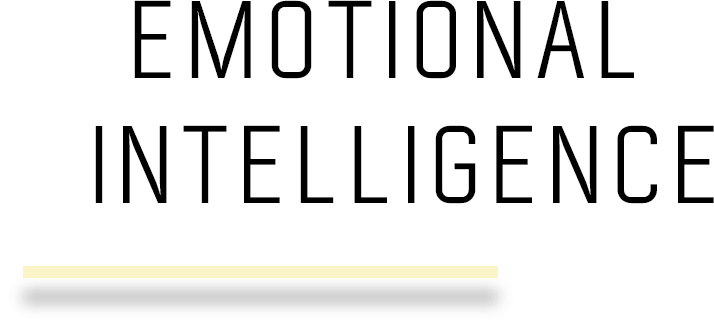
EMPLOYERS ARE LOOKING FOR SOFT SKILLS LIKE INTEGRITY, EMPATHY, AND THE ABILITY TO WORK WELL WITH OTHERS
IN THIS NEW ERA IN WHICH WE LIVE IN, STRICT RULES ARE NOW OBSOLETE
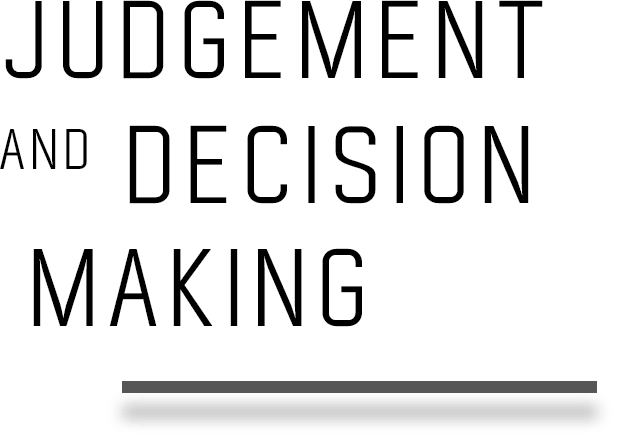
MACHINES ARE GOOD FOR ANALYZING DATA QUITE QUICKLY. BUT HUMANS HAVE TO DECIDE WHAT TO DO WITH THAT DATA
JUDGEMENT AND DECISION MAKIGN IS THE THINKING AND SELECTION PROCESS THAT LEADS TO THE BEST CHOICE BASED ON THE ANALYSIS OF ALL AVAILABLE OPTIONS
The huge volume of data that companies can now aggregate increases the growing need for employees able to sift through numbers, find useful information and use big data to inform business strategy and decision makers.
In order for the decision-making process to be effective, a professional must be able to extricate himself from the large amount of data available and to have a clear picture of all possible scenarios.
But in addition to identifying the best possible option, it must also be able to know the results deriving from all the discarded scenarios.
SERVICE ORIENTATION IS THE ABILITY TO ACTIVELY LOOK FOR NEW EFFECTIVE WAYS TO HELP PEOPLE IN MEETING THEIR NEEDS
Companies from many industries (food, energy, insurance, information technology) will increasingly face new consumer concerns on issues such as carbon footprints, food safety, job standards and privacy.
Whether they are professionals or employees, workers with strong service orientation skills will need to know how to identify the tasks that consumers want to accomplish and the needs they need to meet.
But they will also need to know how to anticipate these needs in the near future, translate them into product offerings and become increasingly informed about the processes involved in achieving these goals.
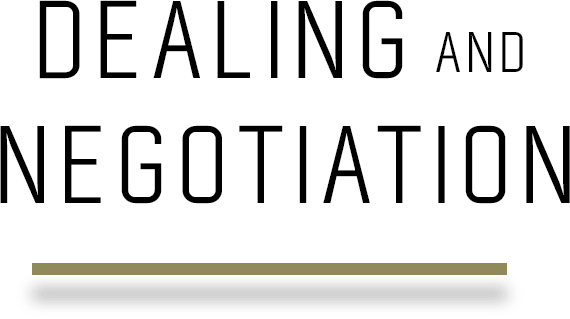
IT IS ABOUT DEVELOPING OR ADAPTING THE COMPANY’S PRODUCTS AND SERVICES TO FUTURE CONSUMER NEEDS

DEALING AND NEGOTIATION COMES INTO PLAY DAILY IN THE LIFE OF WORKERS AT ALL LEVELS AND IN EVERY POSITION.
NEGOTIATION IS THE ABILITY TO SOLVE A PROBLEM THROUGH A DISCUSSION THAT LEADS TO AN AGREEMENT THAT ALL PARTIES CONSIDER ACCEPTABLE
It is a process of mutual persuasion in which each party offers motivation to agree with their own point of view. During this process all interested parties try to avoid fighting over in order to reach a compromise until the end.
Negotiation is difficult because it implies qualities such as empathy, intuitiveness, assertiveness. Qualities specific to the human being and which cannot be replicated by any machine or artificial intelligence.
In the coming future even people in purely technical occupations or daily office activities will be expected to show negotiation skills with colleagues, managers, clients and teams.
COGNITIVE FLEXIBILITY IS THE ABILITY TO SWITCH EASILY AND QUICKLY BETWEEN DIFFERENT THOUGHT SYSTEMS
A strategy that has always worked in the past may not be the best strategy applicable in the future.
Cognitive flexibility is about developing that mental agility that allows you to see new patterns, create unusual associations between different ideas seeing their effectiveness and shed light on new concepts.
To acquire cognitive flexibility, each worker must abandon his comfort zone and accept uncertainty as a constant factor that can emerge at any time.
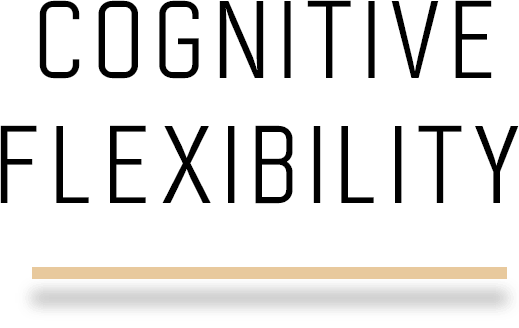
THE WORLD IS CHANGING QUICKLY AND PEOPLE MUST ACQUIRE NEW SKILLS JUST AS QUICKLY THROUGHOUT THEIR CAREER
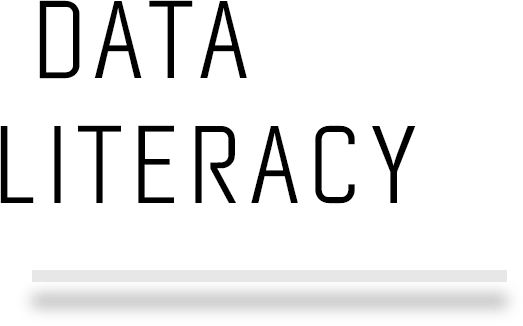
DATA IS THE “FUEL” OF THE 4TH INDUSTRIAL REVOLUTION, EVERY ORGANIZATION’S MOST IMPORTANT ASSET
DATA LITERACY IS THE ABILITY TO WORK WITH DATA TO EXTRACT VALUE FOR ORGANIZATIONS
It includes skills involved in data management, the ability to read, analyze data and present insights to all stakeholders.
Given the massive and consolidated presence of data in any professional activity, companies that do not acquire the ability to manage data risk falling behind.
Organizations with the highest level of data literacy had a higher corporate value which means better return on equity, sales and faster time to market.
Therefore, to extract maximum value from data, organizations must employ collaborators who have the literacy and skills to transform data into business value.
CULTURAL INTELLIGENCE AND SENSITIVITY TO DIVERSITY MEANS TO PERCEIVE THE WORLD IN A DIFFERENT AND MORE VALUABLE WAY
New consumer markets offer opportunities for growth and companies are increasingly operating across international boundaries.
This means it is important that employees are sensitive to different cultures, languages and political orientation.
Cultural intelligence is a strategic effort to capture the value in diversity. Inclusive workplaces attract top global talent and a diverse workforce can better understand and respond to the needs of varied customers.
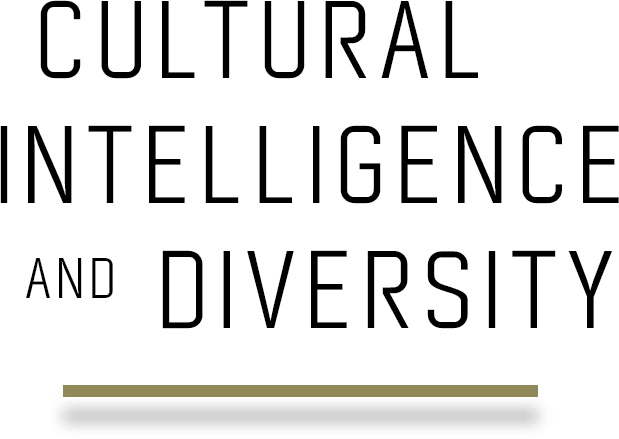
PROFESSIONALS WITH CULTURAL INTELLIGENCE, CAPABLE OF SEEING THE WORLD DIFFERENTLY ARE FUNDAMENTAL IN THE DEVELOPMENT OF INCLUSIVE PRODUCTS AND SERVICES.
POPULATION AGING, JOB DISRUPTION, TECHNOLOGICAL ACCELERATION ARE JUST SOME OF THE CHALLENGES THAT WILL TEST OUR RESILIENCE IN THE NEAR FUTURE.
EXPLORE MORE
Get a broader perspective on bigger challenges, new technologies and an evolving society where the only thing that remains constant is change.


